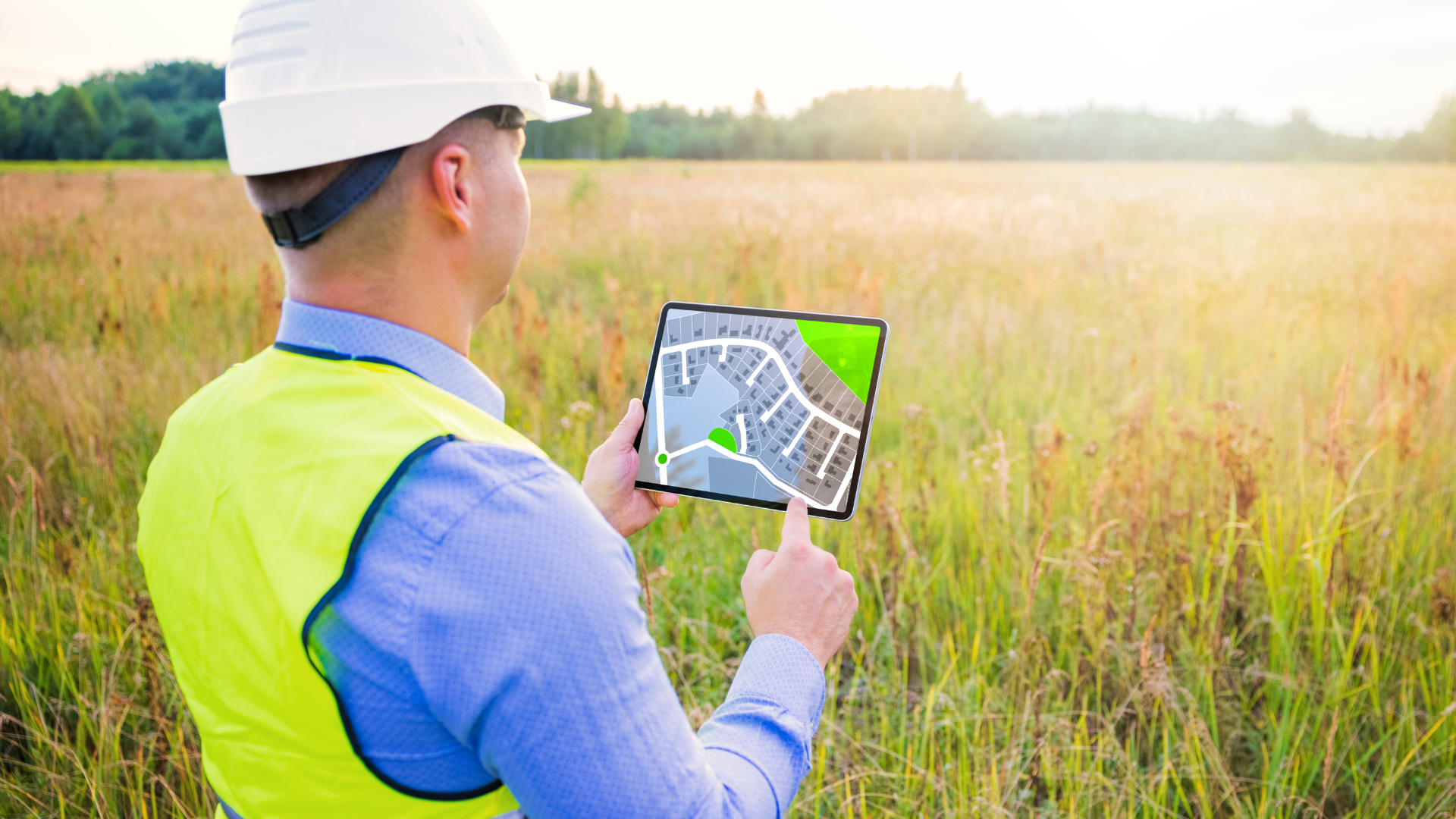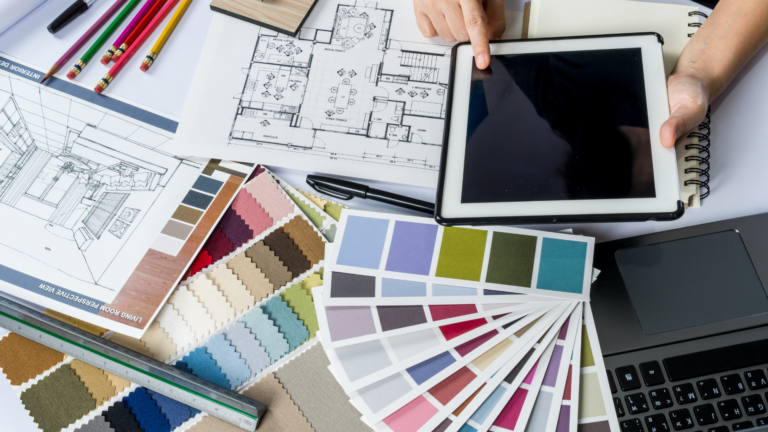Building your own home on your own land is a dream many of us hold dear. The idea of creating a space that truly reflects your personality and needs is undeniably enticing.
Before you embark on this exhilarating journey with a build on your land builder, there are crucial things you need to know.
- Land Zoning and Regulations
Before you get too carried away with your dream home design, it’s crucial to understand the zoning regulations and land-use restrictions in your area. These regulations dictate what you can and cannot do with your land. Zoning laws may affect everything from the type of structure you can build to its size and placement on the property.
- Permits and Approvals
Building on your own land typically requires various permits and approvals from local authorities. These permits can include building permits, environmental permits, and septic system permits, among others. Failing to obtain the necessary permits can lead to costly delays and even legal issues down the road.
- Budgeting and Financing
Building your own home is a significant financial undertaking. You’ll need to create a realistic budget that takes into account not only the cost of construction but also land purchase, permits, utilities, and unforeseen expenses. It’s advisable to secure financing early in the process, so you know exactly how much you can afford.
- Design and Architecture
One of the most enjoyable parts of building on your land is designing your dream home. Collaborating with an architect or designer can help you turn your vision into a reality. Consider the layout, size, and style of your home. Take into account your lifestyle, needs, and future plans.
- Choosing a Builder
Selecting the right builder is a crucial decision in the process. Look for experienced builders with a good track record and a solid reputation. Don’t hesitate to ask for references and visit their previous projects to get a sense of their work quality.
- Utilities and Infrastructure
Before you start construction, you’ll need to plan for essential utilities like water, electricity, and sewage. Determine how these utilities will be connected to your property and ensure they meet local regulations.
- Environmental Impact
Consider the environmental impact of your construction project. Depending on your location, you may need to address issues like erosion control, tree preservation, and wildlife habitat protection. Being mindful of the environment can also enhance the long-term sustainability of your property.
- Timeline and Patience
Building on your own land is not a quick process. It can take several months or even years from the initial planning stage to move-in day. Be prepared for delays and setbacks along the way, and exercise patience throughout the construction process.
- Community and Neighborhood
Consider the community and neighborhood where you’re building. How will your new home fit into the existing area? Are there any homeowner associations or community guidelines you need to follow? Being a good neighbor and respecting the community can make your transition smoother.
- Future Resale Value
While you may be building your dream home, it’s essential to think about its resale value. Life can be unpredictable, and you may need to sell your property someday. Make choices during construction that will appeal to potential future buyers.
- Maintenance and Upkeep
Owning a home on your land means you’ll be responsible for its maintenance and upkeep. Regular maintenance is key to preserving the value of your investment. Create a maintenance plan to keep your home in top condition.
- Legal Considerations
Consult with legal professionals who specialize in real estate to ensure all aspects of your land purchase and construction are in order. This includes reviewing contracts, property boundaries, and any potential legal issues that may arise.
- Insurance
Don’t forget about insurance. Building a home involves risks, and having the right insurance coverage can protect you from unforeseen events like accidents or natural disasters during construction.
- Communication
Effective communication with all parties involved, including your builder, architect, and local authorities, is vital. Clear communication can prevent misunderstandings and resolve issues promptly.
- Personal Involvement
Lastly, decide how involved you want to be in the construction process. Some homeowners are hands-on and oversee every detail, while others prefer a more hands-off approach. Find the level of involvement that suits your comfort and schedule.
Remember that every step of the way, from choosing the right builder to securing the necessary permits, is a part of the adventure in creating a place that truly feels like home. Your dream home is waiting to be built, and with the right preparation, it will be a place of joy and memories for years to come.






